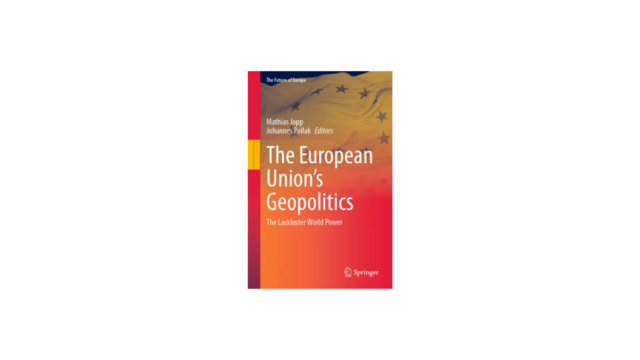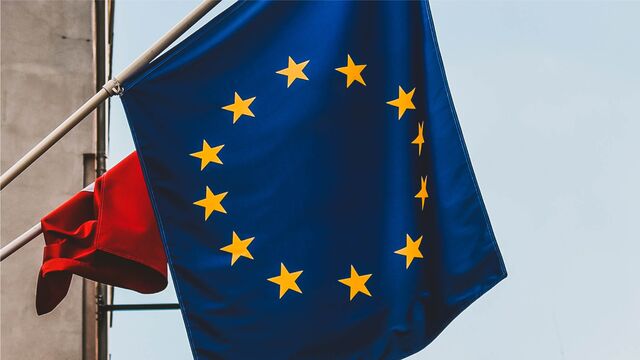The paradox of semiconductors—EU governance between sovereignty and interdependence

Semiconductors are essential for the EU's digital sovereignty agenda, but their production is globally distributed, creating a tension between self-sufficiency and global reliance. The study by our researcher Linda Monsees shows how digital sovereignty legitimizes policies supporting trade, economics, and research in semiconductors, while recognizing global threats to the supply chain. As a result, subsidizing large global corporations has become a common response, making these policies difficult to challenge politically.
Semiconductors are among the most important technologies for the digital society and a core technology of the European Union (EU)'s digital sovereignty agenda. The main argument of this article is that the governance of semiconductors is shaped by an inherent tension. On the one hand, this governance is embedded in the agenda of digital sovereignty, suggesting some form of autarky is possible. On the other
hand, the production of semiconductors is necessarily globally distributed. This study draws on critical infrastructure literature, which enables us to explore how semiconductors are loaded with values that are inscribed via digital sovereignty. In the case of semiconductors, digital sovereignty works as a tool for legitimising trade, economic and research policies. The need for a strong semiconductor industry in the
EU and the globalised nature of threats against the supply chain are acknowledged simultaneously. In turn, subsidising global corporations has turned out to be the natural response. Politically, it becomes difficult to contest these subsidies, as well as the underlying assumption concerning future innovation.
Find the full article under the link below.








